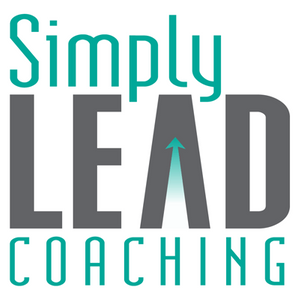Many leaders, even highly successful ones, struggle with imposter syndrome—the feeling that they don’t truly deserve their success or aren’t as capable as others think they are. This self-doubt can erode confidence and hinder your ability to lead effectively. Fortunately, there are ways to combat impostor syndrome and build genuine self-belief from within.
Imposter syndrome often manifests as a persistent fear of being “found out” or a belief that your success is due to luck rather than your abilities. These feelings can be incredibly limiting, leading you to downplay your accomplishments and shy away from new opportunities.
The first step in overcoming imposter syndrome is identifying the limiting beliefs that fuel it. Pay attention to your inner dialogue. Are you frequently doubting your abilities or attributing successes to external factors? Acknowledge these thoughts, but don’t let them define you. Remember, they are not facts—they’re just beliefs that you can change.
Challenge yourself to view your achievements through a new lens. Reflect on the skills, hard work, and perseverance that brought you to where you are. Document your accomplishments and revisit them regularly. This simple exercise can help you start to see your success as a direct result of your efforts and abilities.
To combat imposter syndrome, it’s essential to reshape how you talk to yourself. Instead of dwelling on perceived shortcomings, remind yourself of your strengths. If you catch yourself thinking, “I’m not qualified for this,” replace it with, “I’m constantly growing, and I’ve already achieved so much.” Over time, this positive self-talk can rewire your beliefs and boost your self-confidence.
You’re not alone in feeling this way. Many leaders experience impostor syndrome, but talking about it openly can reduce its power. Seek support from trusted mentors, colleagues, or a coach. Sharing your feelings can provide new perspectives and remind you that self-doubt is a shared experience, not a personal flaw.
Finally, understand that no leader has all the answers, and perfection is not the goal. Embrace the learning process and be gentle with yourself. The most effective leaders are those who are comfortable with growth and imperfection. By accepting yourself fully, you build a foundation of self-belief that’s resilient and enduring.
Are you ready to lead with clarity and confidence? Learn more about our upcoming webinars.

